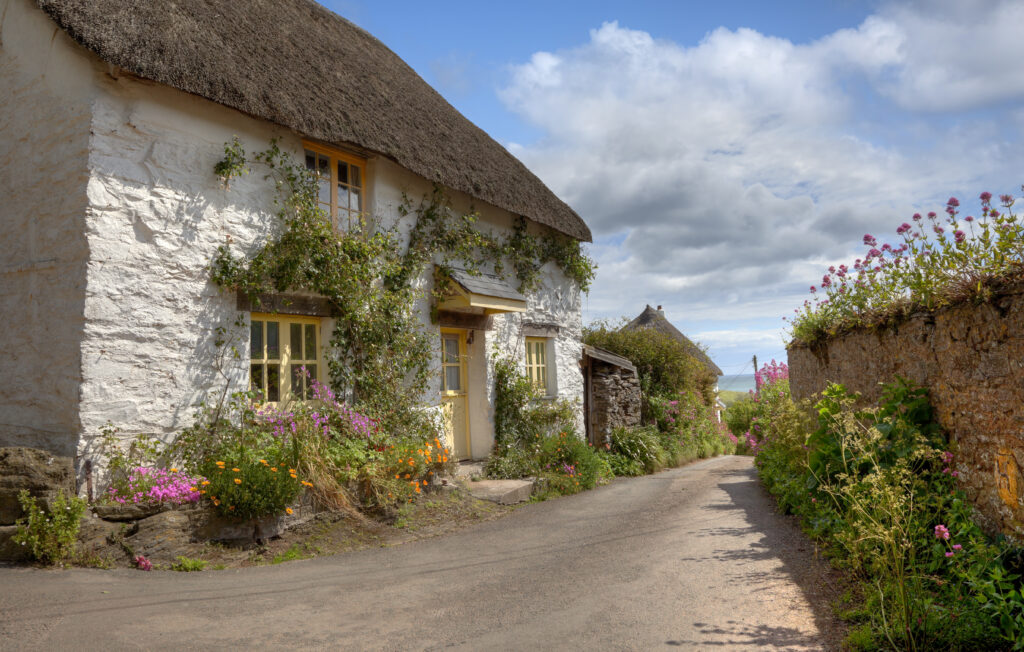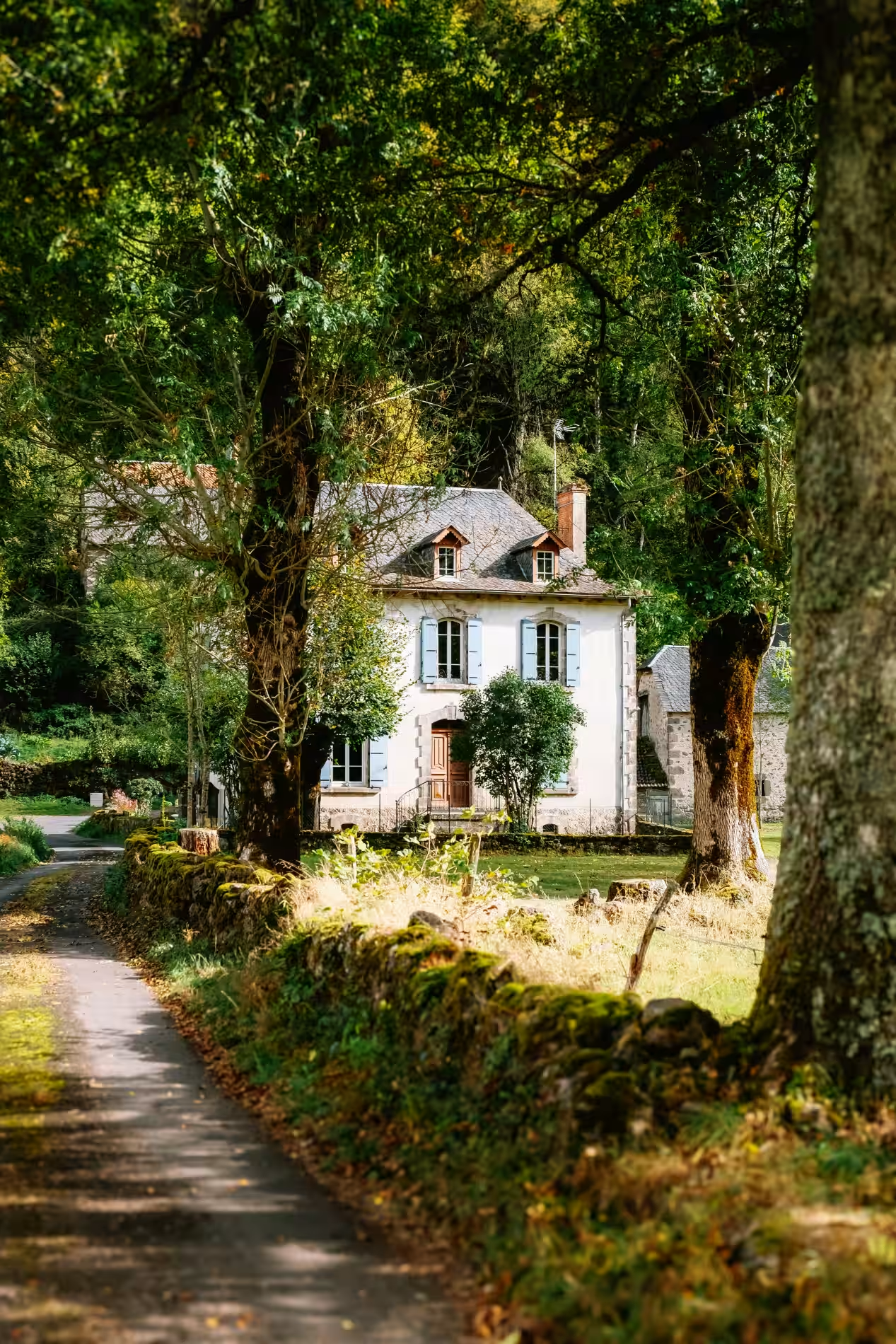Renting out your second home as a holiday home or vacation rental can be a fun, and hopefully lucrative venture, but there are several things you need to take into consideration before you begin.
1. Make sure your home security is on point
Unless you already have this letting shenanigans down to a tee, it is unlikely that your holiday home will be fully occupied every day of the year, which means it can become a prime target for burglars. After all, your property listing will in theory act as a shopping window, showing thieves all the fancy gadgets, furniture, and appliances you have in your home. Although this can leave you vulnerable, it does also increase the likelihood of guests picking your property, so there are certainly pros and cons.
To reduce the likelihood of a break-in, take time to consider improving security in your property.
- Make sure all external locks are fitted with the latest security measures.
- Purchase a key safe if you will not always be there to greet your guests in person at check-in.
- Use an ultraviolet pen on valuable or easily stolen items.
- Secure outbuildings and ensure any ladders/other tools which can be used to force entry into your home are locked away.

Bonus Tip
A home inventory would be extremely helpful should the worst happen. Find out what a home inventory is and how to create one by visiting our blog: Home Inventory: Why you really need it and how to create a great one.
2. Don your marketing hat
There are so many factors that come into play when it comes to marketing your holiday home. We’ve included a couple of key considerations to help get you started.
Let your pictures do the talking. Think of the saying “ a picture is worth a thousand words”. Make sure you are showcasing your property to the best of your ability. Invest in getting professional photographs taken to help catch your potential guest’s eye and set the scene for them. Striking, professional photographs can help you stand out from your competition and, ultimately, win business.
Now it’s time to perfect your writing. Like a dating profile, once you have your visuals sorted, you need to focus on the description. Attract even more bookings with a well-written, clear listing highlighting the property’s key assets’ including any special features, amenities, and proximity to places of interest. Most websites that allow you to list your property will help you navigate through this as you complete the online form to register your holiday let.
Finally, following your guests’ stay, encourage them to leave a review on your holiday home to help build a positive reputation and encourage other guests to book. If you have capacity you can also offer incentives to leave reviews.
3. Do your homework
Depending on where your holiday home is, be it in the UK or abroad, it is important to thoroughly research what the different restrictions and financial benefits you need to consider are.
Even countries within the UK have different rules on things like capital gains tax, council tax, income tax etc, so you really need to do your homework to make sure you are following regulations. You might be able to deduct expenses from your rental income as long as they are “wholly and exclusively for the purposes of renting out the property” as stated on the UK Gov website so that’s definitely one for checking out.
4. Invest in quality insurance that you can trust
First and foremost, when renting out your second home as a holiday home, it is crucial to take some time to find the right insurance for you. You are not legally required to get insurance for your holiday home but we certainly advise that you do so. It can save you so much money, stress and helps you to prepare for any number of things that could happen.
Having home and contents insurance can help protect your property from many different risks that arise when you let it out. For example, if you have periods between guests when your holiday home is not in use, issues such as leaking pipes, vandalism, storms, flooding etc, can crop up. On the flip side, guests might accidentally damage your property, or worse hurt themselves during your stay. In these situations, having contents insurance and public liability cover as part of your holiday home insurance is really important.
At Stanhope, we can combine all of these alongside loss of income, alternative accommodation and employers’ liability to provide one cohesive policy.
Talk to a member of our friendly team today to learn more about how Stanhope can protect your holiday home.
Get a quote now
Friendly, efficient and helpful staff, best offer of insurance available for the type of house insurance we require. Second year renewal straightforward.
Verified 5 Star Review
Sources
[1] Work out your rental income when you let property – GOV.UK (www.gov.uk)

